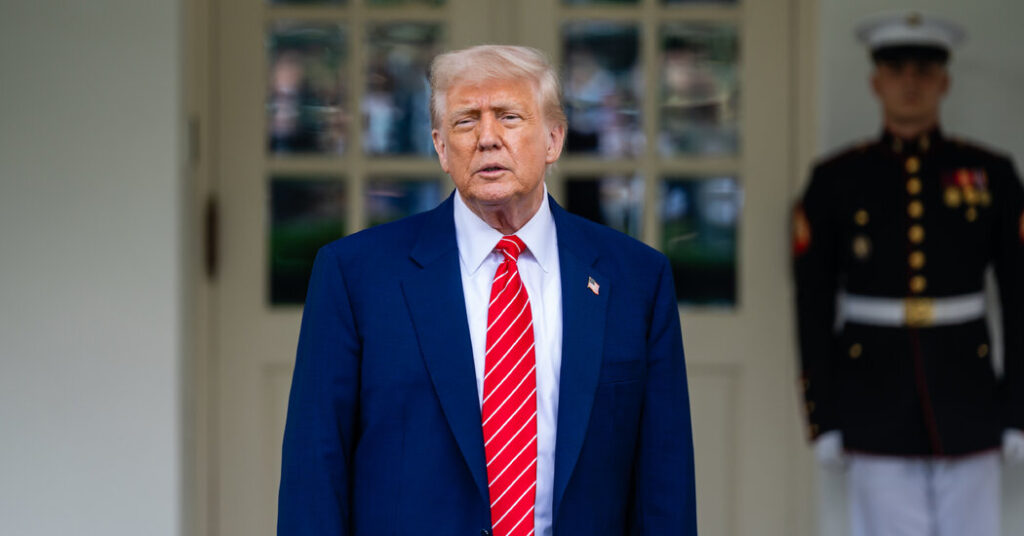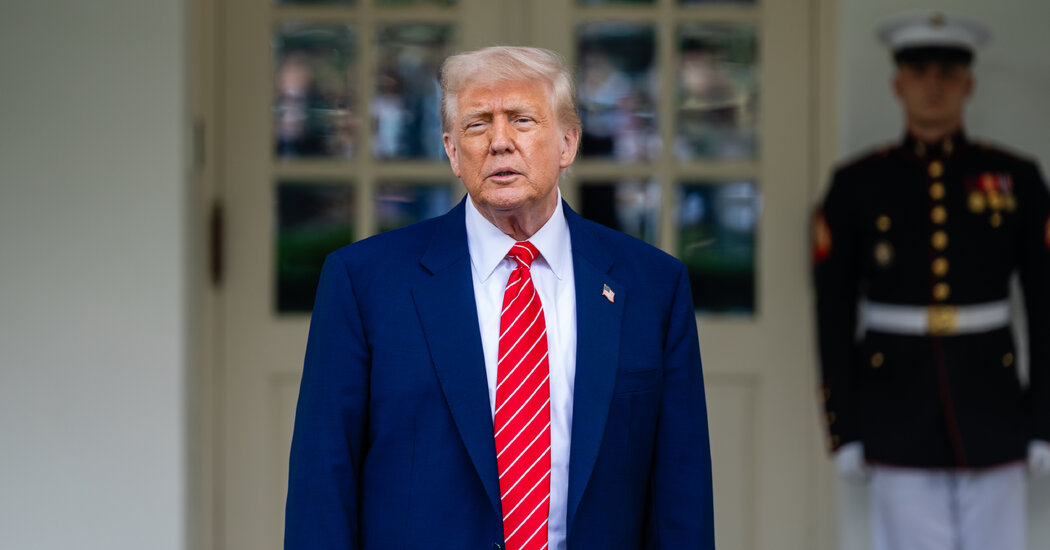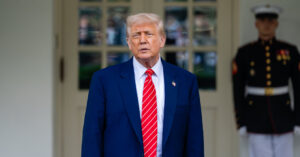For Trump, It’s a New Era of Deal-Making With Tech’s Most-Coveted Commodity
As the president heads to the Middle East, America’s dominance over A.I. chips has become a powerful source of leverage for the president.


As the president heads to the Middle East, America’s dominance over A.I. chips has become a powerful source of leverage for the president.
As President Trump tours the Middle East this week, governments that are flush with oil wealth will be focused on a different treasure, found in America’s Silicon Valley.
Artificial intelligence chips, which are made by U.S. companies like Nvidia and AMD, are highly coveted by governments across the Middle East. Leaders of Saudi Arabia, Qatar and the United Arab Emirates want to pour billions of dollars into the construction of data centers to put their countries at the forefront of a new technology heralded for its power to disrupt businesses and create trillions of dollars in economic value.
The Gulf States have plenty of energy and cash to build data centers, which house the supercomputers that run A.I. systems. But they need U.S. government approval to buy the American-designed chips to power them. The Biden administration had been wary of allowing such purchases. But the Trump administration appears more interested in using A.I. chips to secure strategic bonds in a region where Mr. Trump has deep financial and business ties.
The technology is expected to be the focus of much deal making during the president’s trip. Officials from the U.A.E. and Saudi Arabia are likely to try to strike agreements with the Trump administration to obtain steady access to A.I. chips in the years to come. And the Trump administration is expected to showcase deals and negotiations across the region by American tech companies, including AMD, Nvidia, Microsoft, Google and OpenAI, according to half a dozen people familiar with the plans.
Tech executives including Jensen Huang of Nvidia, Sam Altman of OpenAI, Lisa Su of AMD and Ruth Porat of Alphabet are scheduled to travel to the Middle East, with some rubbing shoulders with Saudi ministers and White House officials at an investment forum that will focus partly on partnerships in A.I. and data centers.
The United States began regulating A.I. chips systematically during the Biden administration, because of their value in helping governments develop military and surveillance technologies. While many Trump officials are also concerned about the national security implications of selling A.I. chips abroad, some are more willing than their predecessors to deploy the chips as a broader source of leverage globally, potentially playing into trade talks and other negotiations.







